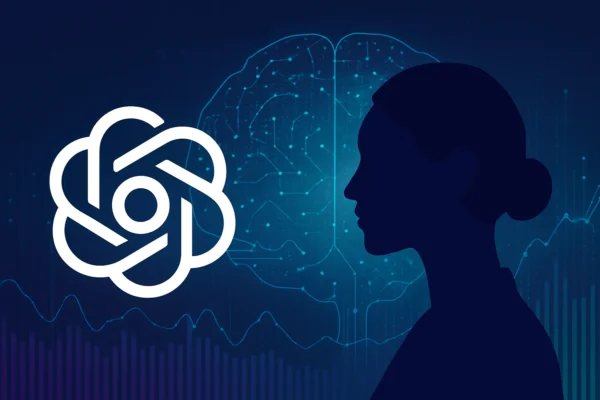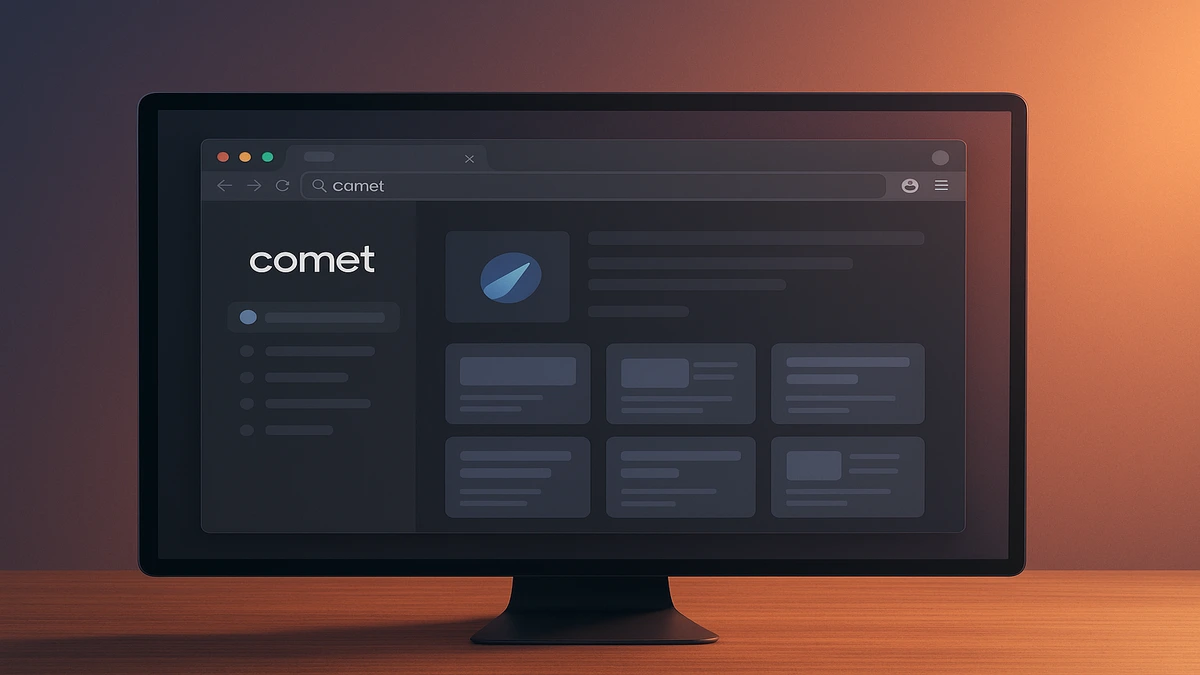
Anthropic’s Claude AI introduces Research Mode, transforming how businesses access automated, real-time insights. Discover how it’s reshaping AI-driven decision-making in 2025.
On May 1, 2025, Anthropic, a leading AI research company, launched an advanced Research Mode for its Claude AI assistant, marking a significant advancement in automated research capabilities. This feature enables Claude to autonomously conduct in-depth research, generate comprehensive reports, and deliver actionable insights, with specific applications for financial trading and broader business intelligence. Designed to streamline data-intensive tasks, Research Mode positions Claude as a formidable competitor to AI assistants like ChatGPT and Google Gemini. This article provides a detailed technical analysis of Claude’s Research Mode, focusing on its architecture, capabilities, applications in trading, and implications for the business landscape, tailored for a professional audience.
Technical Overview of Claude’s Research Mode
Claude’s Research Mode is an extension of its conversational AI framework, leveraging advanced natural language processing (NLP) and search algorithms to automate complex research tasks. Built on Anthropic’s Claude 3.7 Sonnet model, the feature introduces several technical innovations that enhance its utility for business applications.
Architecture and Capabilities
Research Mode operates within Claude’s transformer-based architecture, optimized for reasoning and contextual understanding. Key technical specifications include:
Feature | Description |
|---|---|
Autonomous Search | Utilizes decision-making algorithms to initiate searches based on query complexity, determining optimal depth and scope. |
Source Integration | Aggregates data from web sources, Google Workspace, and connected applications via the Model Context Protocol (MCP). |
Research Duration | Supports up to 45 minutes of iterative research, building on multiple search cycles to refine results. |
Output Format | Generates structured reports with full citations, ensuring traceability and verification of sources. |
Processing Capacity | Handles queries across hundreds of sources, leveraging parallel processing for efficiency. |
The feature employs a multi-agent search framework, where Claude iteratively refines queries, cross-references results, and synthesizes findings. This agentic approach, supported by reinforcement learning, enables Claude to explore diverse angles systematically, delivering high-quality outputs in minutes.
Model Context Protocol (MCP)
Introduced in November 2024, the MCP is a standardized protocol for integrating external data sources with Claude. Research Mode leverages MCP to connect with enterprise tools like Google Workspace and custom applications, enabling seamless data retrieval. The protocol uses API-based authentication and secure data pipelines, ensuring compliance with enterprise security standards.
Variants and Availability
Research Mode is currently in beta, available to subscribers of Claude’s Max, Team, and Enterprise plans. It likely operates on Claude 3.7 Sonnet, with a context window of up to 200,000 tokens, allowing for extensive data processing. Anthropic plans to extend the feature to Pro plan users soon, indicating a phased rollout to ensure stability and scalability.
Key Features of Research Mode
Research Mode introduces several capabilities that enhance its utility for business users, particularly in data-intensive sectors like finance and market research.
Autonomous Decision-Making: Claude assesses query complexity to determine whether a shallow or deep search is required, optimizing resource allocation. For example, a query like “analyze recent trends in cryptocurrency trading” triggers a multi-cycle search across financial news, market data, and social media.
Comprehensive Reporting: Outputs include detailed reports with structured sections (e.g., summary, key findings, citations), formatted for professional use. Citations link to original sources, enabling verification and compliance with business standards.
Real-Time Data Integration: Unlike static models, Research Mode accesses real-time web data, ensuring up-to-date insights. This is critical for trading, where market conditions change rapidly.
Multimodal Support: While primarily text-based, Research Mode can process structured data (e.g., tables, charts) from integrated sources, enhancing its versatility for financial analysis.
Scalability: Designed for enterprise use, the feature supports high-volume queries, with parallel processing to handle multiple research tasks simultaneously.
These features make Research Mode a powerful tool for automating research workflows, reducing manual effort and accelerating decision-making.
Application for Trading Insights
Research Mode’s application in financial trading is a key highlight, addressing the need for rapid, accurate market analysis. The feature streamlines data gathering and synthesis, delivering actionable insights for traders in volatile markets like cryptocurrencies and equities.
Technical Implementation
Data Sources: Aggregates data from financial news, market reports, social media platforms, and proprietary databases via MCP integrations. For example, it can pull real-time Bitcoin price trends from exchanges and sentiment analysis from X posts.
Analysis Pipeline: Employs NLP to extract relevant entities (e.g., stock tickers, economic indicators) and quantitative models to identify trends. The iterative search process refines results, filtering out noise to focus on high-impact insights.
Output Delivery: Generates reports with trading signals, such as buy/sell recommendations, supported by data-driven rationales and source citations. For instance, a report might highlight a bullish trend in Tesla stock based on recent earnings and analyst upgrades.
Performance Metrics
While specific benchmarks are not publicly available, Anthropic claims Research Mode reduces research time by up to 80% compared to manual methods. In trading scenarios, it can deliver insights in 5–45 minutes, depending on query complexity, compared to hours for human analysts. Its accuracy is enhanced by cross-referencing multiple sources, minimizing biases inherent in single-source analyses.
Use Case Example
A trader queries, “What are the investment opportunities in green energy stocks for Q3 2025?” Research Mode:
Initiates searches across financial journals, regulatory filings, and industry reports.
Analyzes market trends, company performance, and policy changes (e.g., renewable energy subsidies).
Delivers a report with top stock picks, risk assessments, and citations to sources like Bloomberg and SEC filings.
This capability positions Claude as a valuable tool for hedge funds, investment banks, and individual traders seeking a competitive edge.
Competitor Benchmarking
Research Mode differentiates Claude from other AI assistants, particularly in business applications:
Feature | Claude Research Mode | ChatGPT Advanced Search |
|---|---|---|
Autonomous Search | Fully autonomous, iterative search cycles | User-guided, less iterative |
Research Duration | Up to 45 minutes | Typically 5–10 minutes |
Citation Support | Full source citations | Limited or no citations |
Enterprise Integration | MCP for custom app connections | Limited to web and API integrations |
Trading Focus | Optimized for financial analysis | General-purpose, less specialized |
Compared to Google Gemini, Claude’s citation support and enterprise integrations provide a stronger foundation for professional use, though Gemini excels in real-time data access. ChatGPT’s search capabilities, while robust, lack the depth and autonomy of Claude’s Research Mode, particularly for trading applications.
Monetization and Availability
Research Mode is currently available to Claude’s Max ($200/month), Team ($500/month), and Enterprise (custom pricing) plan subscribers, reflecting Anthropic’s focus on high-value business users. The beta phase ensures rigorous testing, with plans to expand to Pro plan users ($20/month) in the near future. This tiered approach aligns with Anthropic’s strategy to capture enterprise markets while scaling to broader audiences.
Market Impact and Future Prospects
The launch of Research Mode strengthens Claude’s position in the AI assistant market, particularly for business and financial applications. Its impact includes:
Increased Competition: Challenges ChatGPT and Gemini to enhance their research capabilities, driving innovation in AI-driven analytics.
Enterprise Adoption: Appeals to financial institutions, consultancies, and research firms seeking automated, scalable solutions for data analysis.
New Use Cases: Enables applications beyond trading, such as competitive intelligence, policy analysis, and academic research.
Global Expansion: Planned rollout to Pro users and potential free-tier access could democratize advanced research tools, expanding Claude’s market reach.
Future enhancements may include deeper integrations with financial platforms (e.g., Bloomberg Terminal, TradingView) and support for additional data types, such as video or proprietary datasets. Anthropic’s ongoing investment in AI safety and performance suggests Research Mode will evolve to address limitations, such as occasional inaccuracies, through improved algorithms and source validation.
Anthropic’s Claude Research Mode, launched on May 1, 2025, represents a transformative advancement in automated research for business applications. By leveraging Claude 3.7 Sonnet’s advanced architecture, autonomous search algorithms, and MCP integrations, the feature delivers comprehensive, citation-backed reports in minutes. Its application in trading insights, streamlining market analysis for faster, data-driven decisions, underscores its value for financial professionals. As Anthropic expands access and refines capabilities, Research Mode is poised to redefine how businesses harness AI for research, offering a scalable, efficient solution in a competitive market.






